CERN's New Particle Accelerator Promises Window on Big Bang
Published:
25 July 2004 y., Sunday
Scientists probing something as big as the origins of the universe sometimes need equipment to match. At the European nuclear research center CERN in Geneva, they're building the most powerful particle accelerator ever. The Large Hadron Collider, as it's called, is expected be able to recreate the conditions that existed at the time of the Big Bang, when the universe was born. Scientists say they hope the new tool will help them unravel the mysteries of matter and energy, and confirm or demolish existing theories.
Contrary to what its name implies, the Big Bang was not necessarily an explosion. Scientists consider the Big Bang to be more of a marker to note that the universe had a beginning. It is the moment in which the universe, space and time were created. CERN Physicist Richard Jacobsson says scientists do not know why or how the Big Bang occurred. But big particle accelerators such as the Large Hadron Collider help them to understand the process.
When the Large Hadron Collider (LHC) is completed in 2007, the superconducting magnets in the machine will operate at 271 degrees, just above absolute zero. However, Mr. Jacobsson says that the temperature created in the proton-proton collisions will be one billion times hotter than at the center of the sun.
Some 6,500 scientists from more than 80 countries currently collaborate on hundreds of ongoing experiments at CERN. The world's biggest particle physics laboratory is celebrating its 50th anniversary this year.
Šaltinis:
voanews.com
Copying, publishing, announcing any information from the News.lt portal without written permission of News.lt editorial office is prohibited.
The most popular articles

The European Commission announced today the award of three of the six contracts for the procurement of Galileo’s initial operational capability.
more »
 Brazilian researchers have developed a new type of permeable pavement that can store rain water and ease the impacts of floods.
more »
Brazilian researchers have developed a new type of permeable pavement that can store rain water and ease the impacts of floods.
more »
 A cursor on a computer screen can be controlled using thoughts about a range of vowel sounds, research has found.
more »
A cursor on a computer screen can be controlled using thoughts about a range of vowel sounds, research has found.
more »
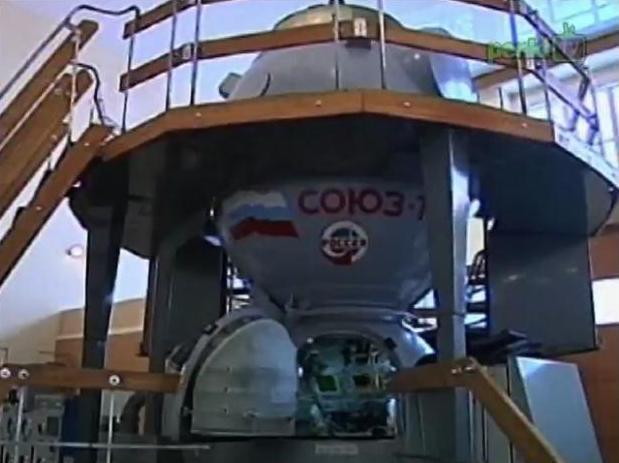 Fifty years after Russia's Yuri Gagarin became the first man into space, Moscow is determined to maintain a leadership role in space exploration, despite recent problems with satellite launches and increasing competition from countries like China, Japan and India.
more »
Fifty years after Russia's Yuri Gagarin became the first man into space, Moscow is determined to maintain a leadership role in space exploration, despite recent problems with satellite launches and increasing competition from countries like China, Japan and India.
more »
 During sleep the body actively restores it's energy and condition.
more »
During sleep the body actively restores it's energy and condition.
more »
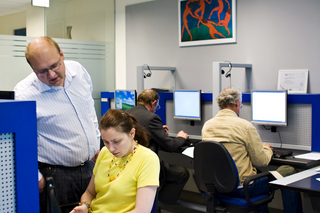 Penki Кontinentai Training Center was set up in one of the oldest and most innovative ITT companies, and now counts the second decade. Politicians, businessmen, artists and entertainers have learned and acquired skills here during these years.
more »
Penki Кontinentai Training Center was set up in one of the oldest and most innovative ITT companies, and now counts the second decade. Politicians, businessmen, artists and entertainers have learned and acquired skills here during these years.
more »
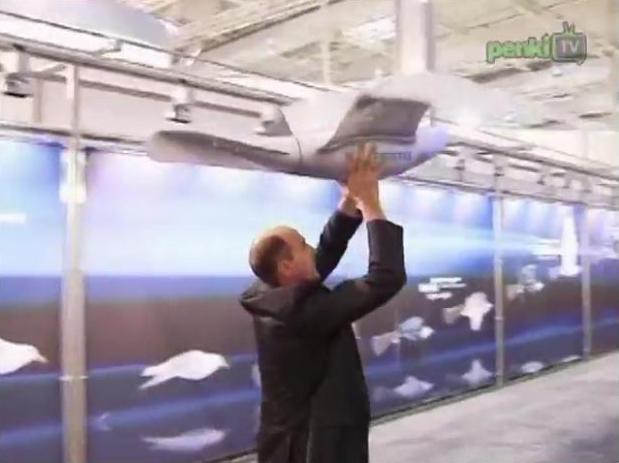 Researchers say they have succeeded in deciphering the flight of birds, "one of the oldest dreams of mankind.". The team, from German automation company Festo, say their robotic seagull that can take-off, fly and land autonomously.
more »
Researchers say they have succeeded in deciphering the flight of birds, "one of the oldest dreams of mankind.". The team, from German automation company Festo, say their robotic seagull that can take-off, fly and land autonomously.
more »
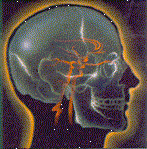 "All research, however good its intentions, necessarily involves risks," Oxford University neuroscience professor Colin Blakemore explained at a workshop on "ethical dilemmas in brain research" held by Parliament’s Science and Technology Options Assessment (STOA) team.
more »
"All research, however good its intentions, necessarily involves risks," Oxford University neuroscience professor Colin Blakemore explained at a workshop on "ethical dilemmas in brain research" held by Parliament’s Science and Technology Options Assessment (STOA) team.
more »
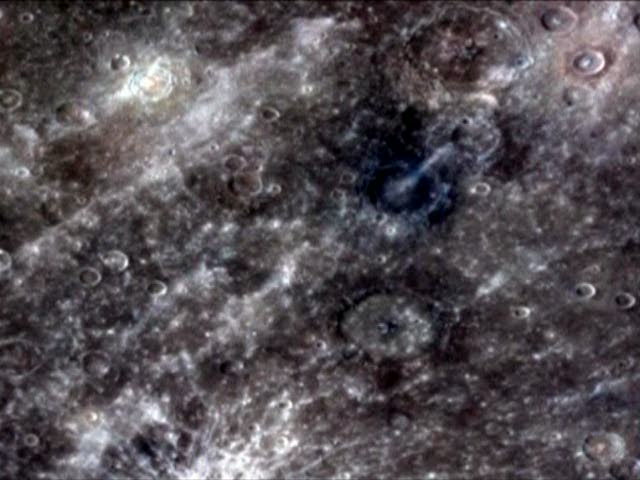 NASA's Messenger spacecraft delivers its first photos of Mercury and the first images ever taken from the rocky planet's own orbit.
more »
NASA's Messenger spacecraft delivers its first photos of Mercury and the first images ever taken from the rocky planet's own orbit.
more »
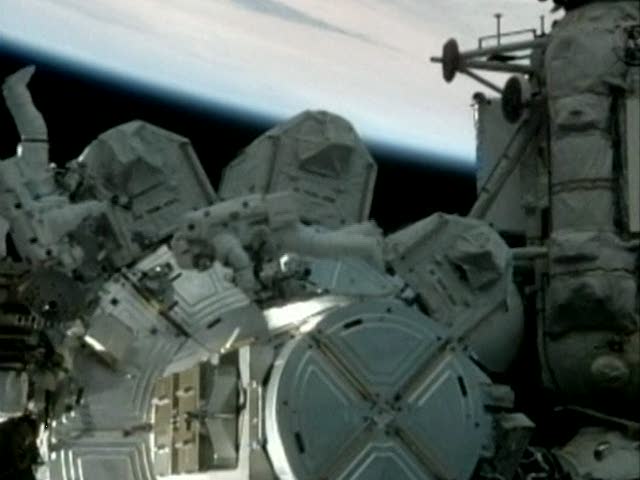 Discovery reached the ISS on Saturday, two days after liftoff from the Kennedy Space Center, for its 39th and final mission.
more »
Discovery reached the ISS on Saturday, two days after liftoff from the Kennedy Space Center, for its 39th and final mission.
more »
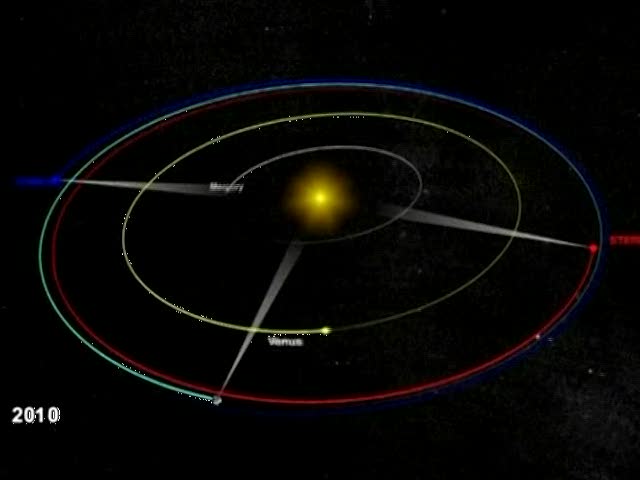 NASA has released for the very first time on Sunday images that show the complete surface of the Sun.
more »
NASA has released for the very first time on Sunday images that show the complete surface of the Sun.
more »